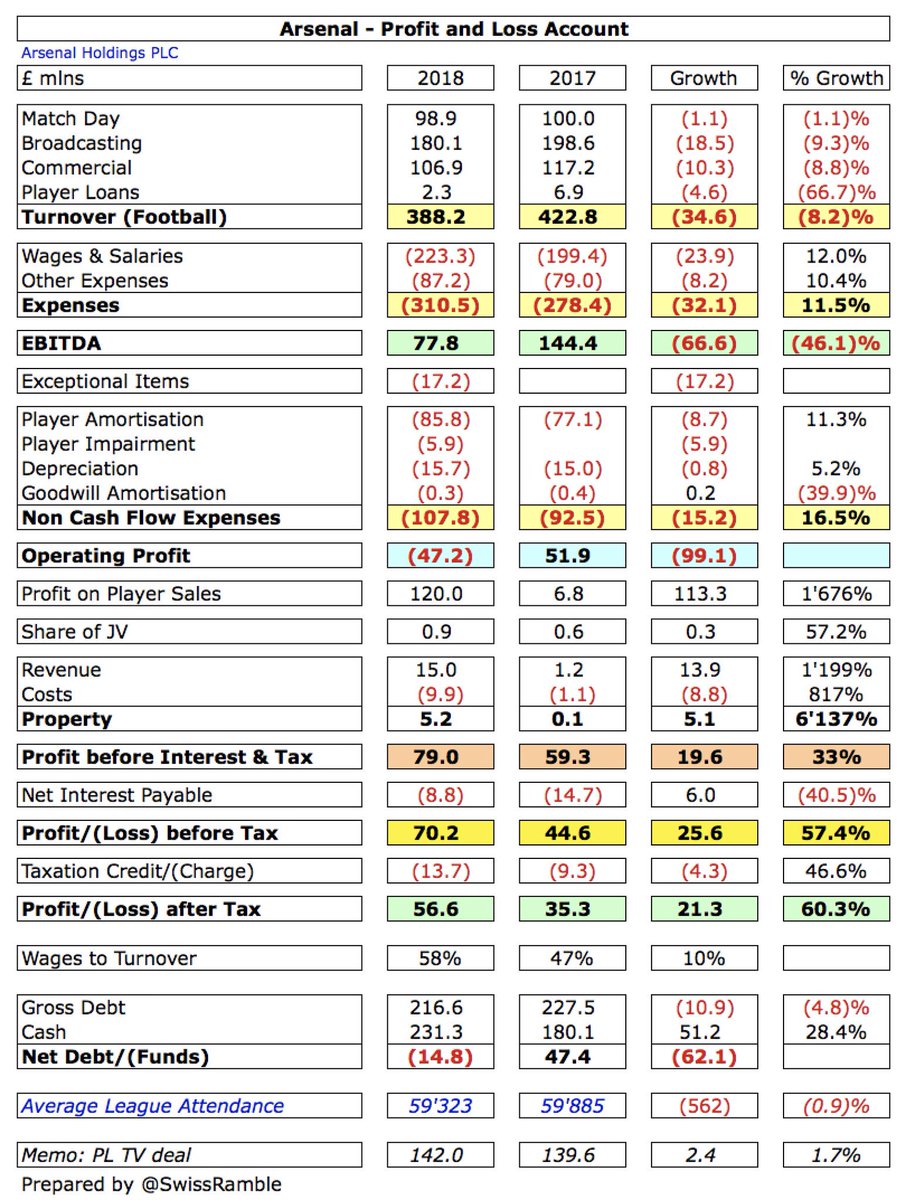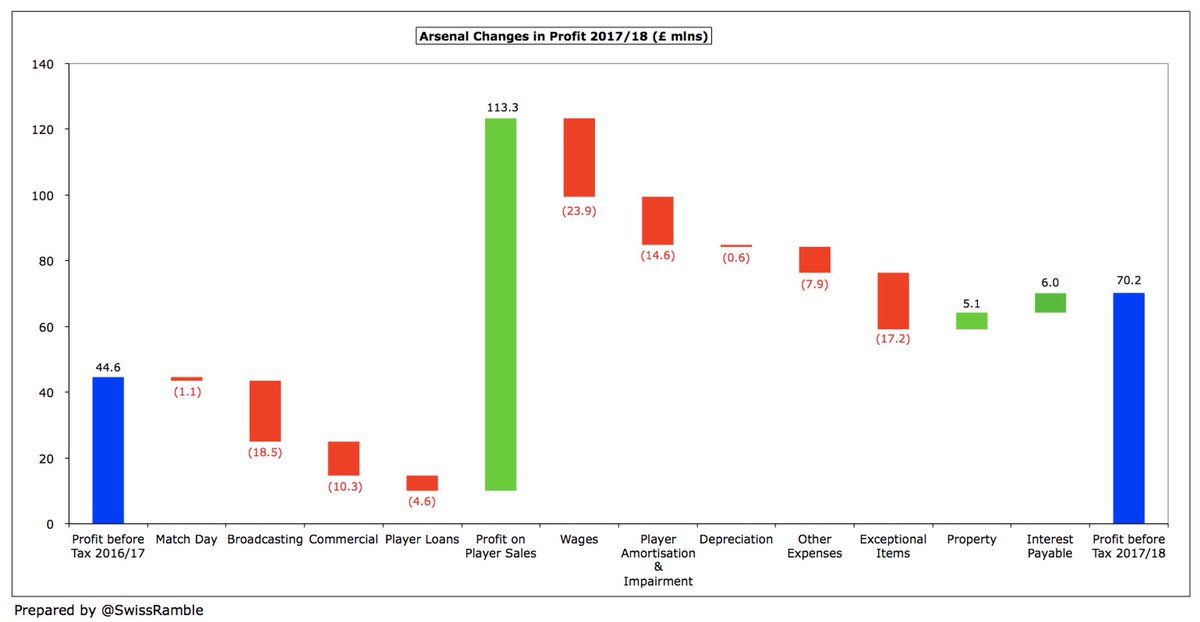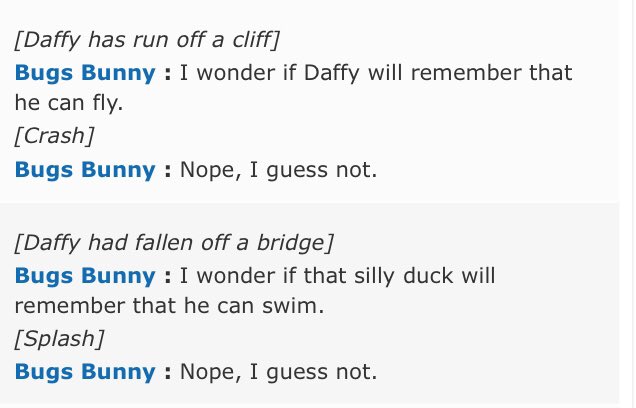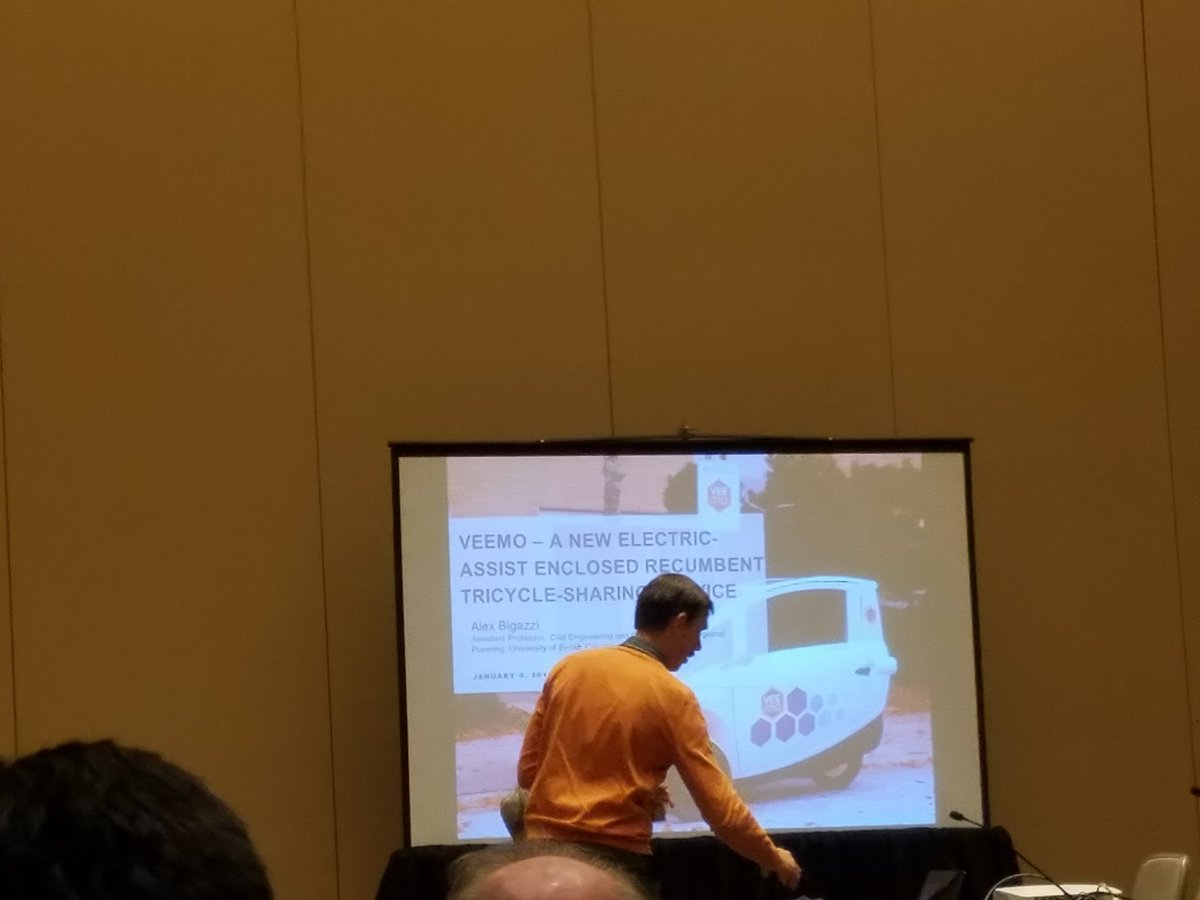Me : Yes, by @GoAgileGov (the former CIO) e.g. in creating the virtual world service for planning its construction. The net effect was that service was delivered under budget and ahead of schedule.
X : How about the rest of HS2?
Me : No idea.
Me : Of course. In the case of HS2 I don't believe it spread beyond it.
X : Is it still used today?
Me : I don't know the answer to that. I do know there has been a change of executive and that can often mean a change in practice.
Me : The impact varies because it depends upon what is there and what you decide to do once you have a map. The single largest effect I know of is around an estimated £1.5bn saved in the lifetime of a project.
Me : I have no idea but I would hope that Gov has a clear idea of the value chains, key industries and where to focus.
X : What do you honestly think?
Me : I have no idea. Maps are weapons, I wouldn't tell anyone if I knew.
Me : [/shrugs]
X : You must have some idea?
Me : It depends upon what you find with the map and what you decide to do with what you find. Maps don't tell you what to do, they just show a landscape.
Me : I'm not trying to persuade you. Only use them if you find them useful.
X : But I don't know whether to invest the effort.
Me : Then don't. Over time it'll be clear enough whether maps are generally useful.
Me : Ah, the 67% of generals problem.
X : I don't understand?
Me : You're looking for confirmation from others that mapping will help you. I understand.
X : Will you send me case studies?
Me : No.
Me : Has anyone ever sent you a case study which says "don't use this thing".
X : No. It wouldn't be very persuasive.
Me : Well, I'm not trying to persuade. Others will and are spreading mapping because they find it useful. That's good enough for me.






